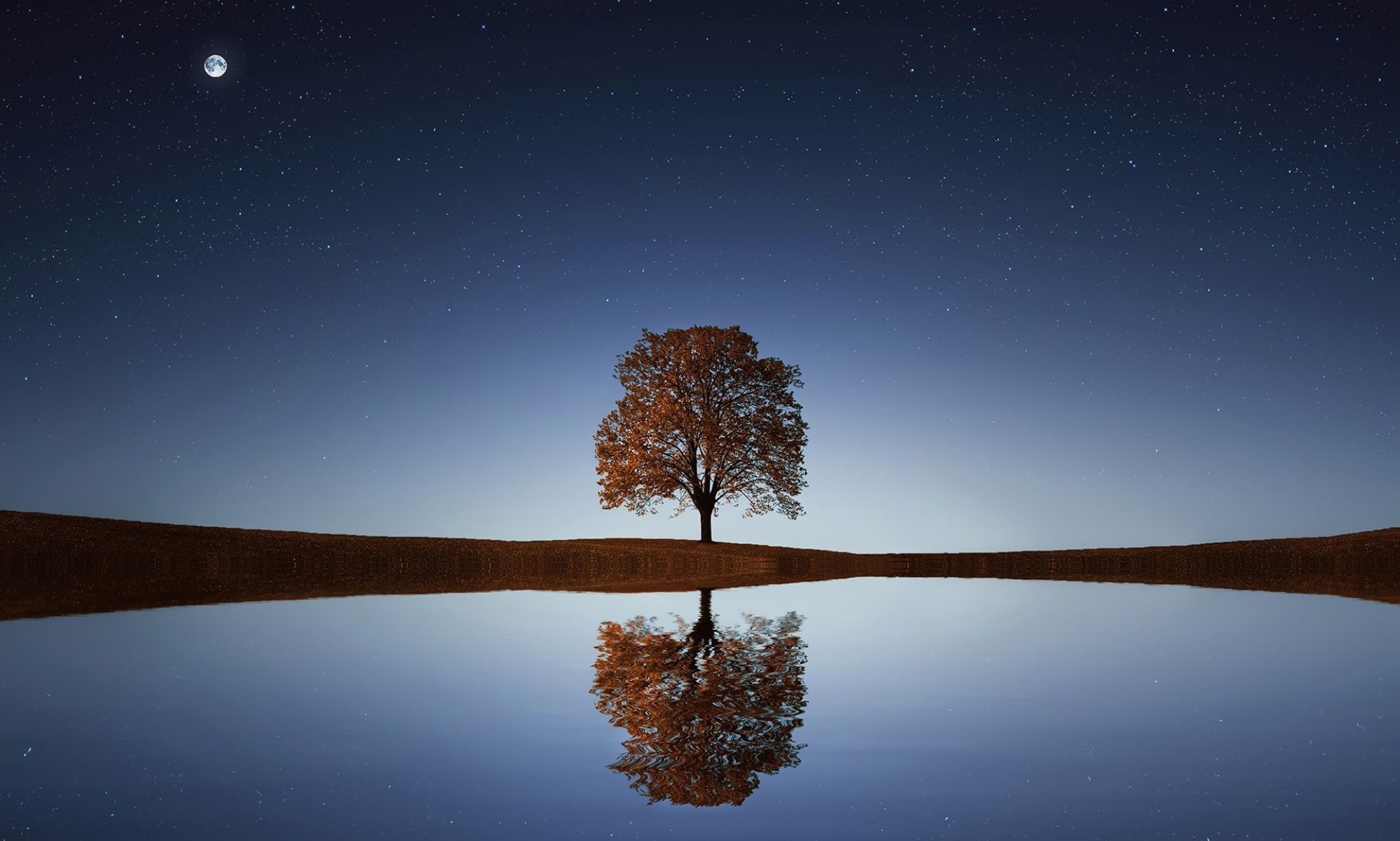Hi. My name is Jeremy, and I never really knew Octavia Butler.
Seriously. Somehow, despite being a nerd of the highest caliber, I didn’t grow up reading any of Octavia Butler’s books or stories. I never had the pleasure of meeting her in person, and she passed away just two years after I had heard her name for the first time. I came to know about her only in abstract: I know she attended Clarion. I know that throughout her life she was a dear friend to the Clarion West community and many other writers in the Pacific Northwest. But not to me. At the time, I was still an outsider.
I used to be an lonely, stubborn, shy person. I say “used to”—but in many ways I still am. I came to writing like that: typing stories to myself in the dark, passively imitating writers I admired and stories I loved from afar. It felt good, like I was discovering a new world of my own. Maybe Octavia felt that way too, typing away on her Remington typewriter all those years ago. For me it was a kind of self-exile, I guess, taking myself out of the real world and losing myself in the pages and words of my own fiction. It was lonely, but at least it was satisfying. I didn’t realize it at the time, but all the while I was writing a thicker and thicker wall around myself. A wall no one could break through.
You want to know how all that changed? I got into Clarion West. I applied literally on a whim: I took the only story I had that was almost the correct length and sent it off without too much thought. When I got in, I had no idea what it meant. I was still an outsider, after all. Maybe I shouldn’t go to this Clarion West, I thought. It just didn’t seem like something that people like me did.
I remember clutching the phone to my ear on a scalding Los Angeles afternoon, with Neile Graham, the director of Clarion West, on the line. She said: “Jeremy, I want to tell you about the Octavia E. Butler Memorial Scholarship.” I mumbled something along the lines of, “Oh, but that’s not for me, is it?” “It is,” she said. “And you’re welcome to apply for it, if you want. In fact, I’d encourage you to. I’m certain Octavia would want that too.”
I remember being distinctly surprised. It baffled me a little at the time, like my world had been flipped upside down. Someone wanted me? So with Octavia’s blessing still echoing in my ears, I went. I went to a writing workshop, and it changed everything.
To me, this scholarship was worth so much more than money. It was a rope, thrown over my wall where I could reach.
The most important thing I learned at Clarion West wasn’t how to write. It was this: that writing isn’t meant to be a lonely thing. Art is community. For the first time, I had writer friends. For the first time, I understood that it was about more than just me, that there were friends and allies and mentors and students and rivals and togetherness, not aloneness. And when I finally read Octavia Butler’s novels, Wild Seed and Clay’s Ark and the others, I realized she had known it all along. That community is everything. I saw the theme repeated over and over in her stories: the taking in of strangers and turning them into family. The acceptance of one’s self as a node in an infinite framework.
I don’t even know who to begin thanking for that. I never knew Octavia Butler, but now that I’ve read about her life, I’m starting to understand. I think of a shy girl whose Aunt Hazel once told her, “Honey, Negroes can’t be writers,” but who grew into a fearless warrior who broke through the walled gardens and worked to pull together the disparate strands of the writing world into a cohesive, inclusive whole.
She did so much to bring the marginalized into the spotlight, making herself an example to women and people of color who yearned to write great stories, but thought, “Oh, but that’s not for me, is it?” She stands proudly among the greatest of our writers, weaving herself into the tapestry and extending a hand out to others who would join her.
I’m still taking shaky steps up from the platform Octavia built for me. But I haven’t forgotten what she stood for, and what we all have to keep standing for. And one day, I’ll extend the end of the rope to someone else. Someone who’s on the outside, looking for a way in, but only knows how to sit alone and wall themselves off. I’ll tell them: “Here, this is for you.” And I’ll tell them that I came as far as I did because a long long time ago, way back in the twentieth century, there was a girl named Octavia Butler who started out on the outside, all alone, but broke through.
Adapted from my essay “Dear Octavia,” first appearing in Luminescent Threads: Connections to Octavia E. Butler, ed. Alexandra Pierce and Mimi Mondal (2017).
